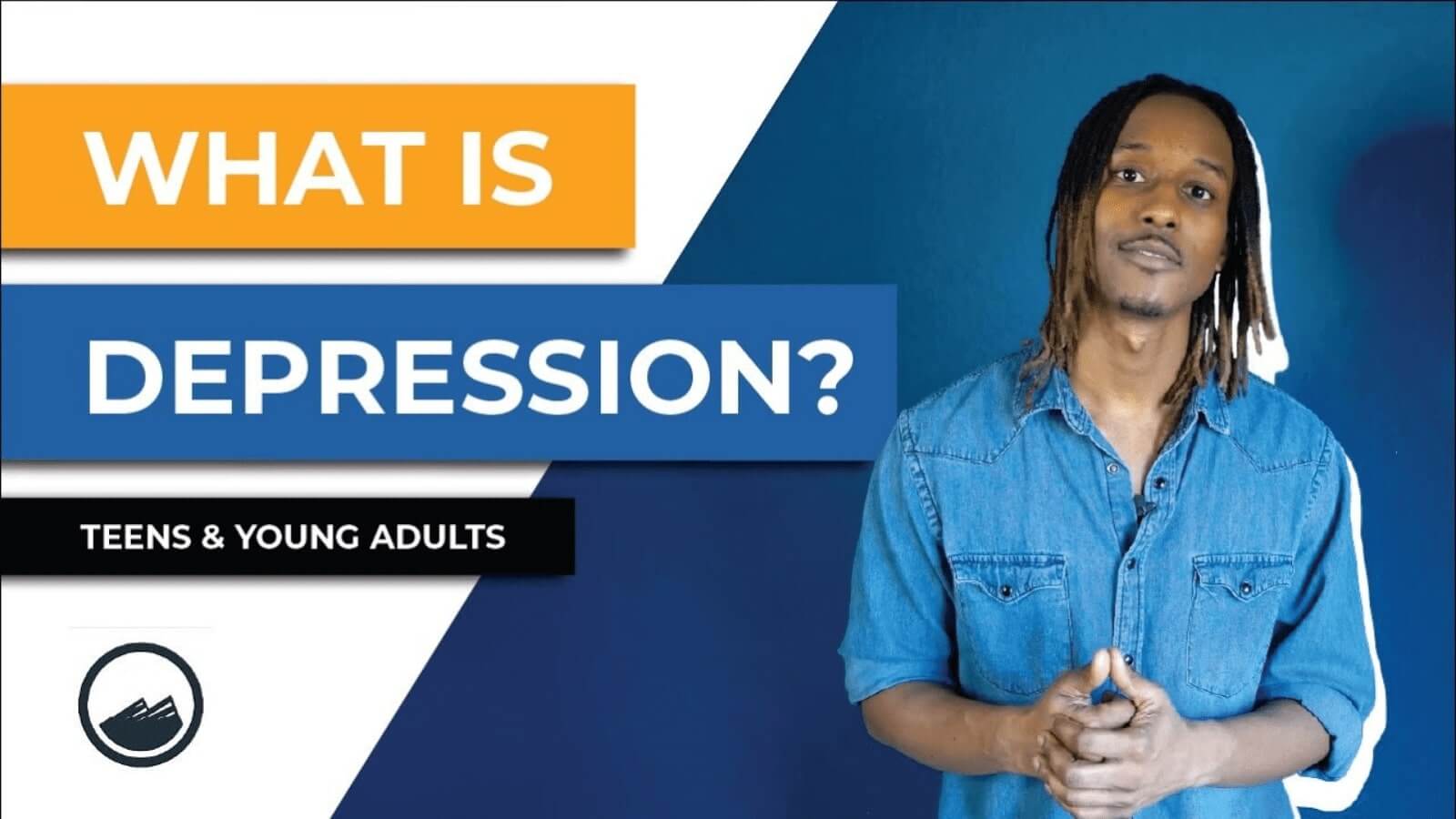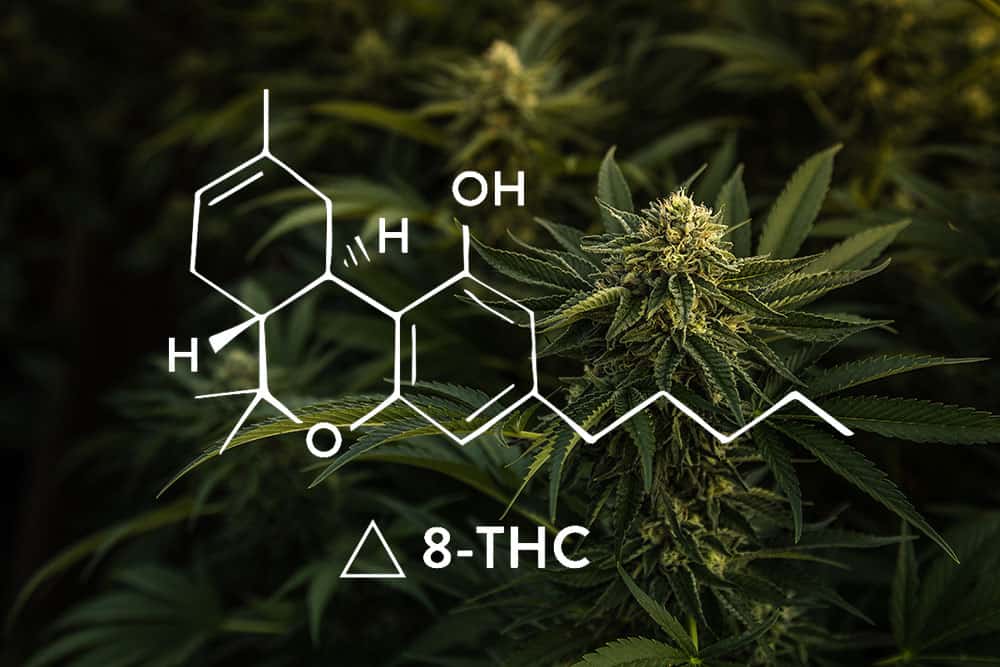Most people make a New Year’s resolution to exercise more, which is why fitness studios market for annual passes in January. This tells us that people are already aware that exercise is good for them.
While it is important for physical health, being active is as beneficial for our minds. Some of the chemicals released in the brain during this include dopamine, serotonin, and endorphins.
Does Exercise Help With Severe Depression?

Even though it may be hard to motivate at times, people feel better after they exercise. Exercise activates dopamine release in the brain. Dopamine triggers the reward system in the brain, making us feel happy.
Many drugs, including amphetamines such as Adderall, ecstasy, or meth, also release dopamine in the brain. If we can get our dopamine fix from playing soccer or lifting weights, it suppresses the urge to use drugs to get that feeling.
Additionally, exercise releases endorphins, which are the body’s natural opioids. It also increases levels of anandamide, a type of cannabinoid chemical in the brain. These chemicals interact with the brain in the same way as the chemicals contained in heroin and marijuana. This contributes to the sensation known as “runner’s high.”
Comprehensive Levels of Care
No matter where you are in your recovery journey, our levels of care are personalized to your unique needs.
Treating Depression and Addiction With Exercise
There is a downward spiral of depression and drug use. Many people start using drugs to manage their depression. While substances may temporarily numb the depression, users feel even lower in the long run. This creates a spiral toward addiction with stronger underlying depression.
Regular exercise can reverse the spiral by producing endorphins and serotonin. Both of these chemicals, when released in the brain, are connected to well-being. People who adopt consistent exercise habits report a significant lessening of their depression symptoms. In some studies, they have found exercise to be more effective than the class of antidepressants known as SSRIs (selective serotonin reuptake inhibitors).
Getting in better shape, both mentally and physically, can fight both depression and addiction. When you combine exercise with mindfulness and healthy eating, your brain will pay you back in spades with optimal mental health and resilience.
Find the Right Facility for Your Needs
Explore our treatment center locations and find an option that works for you.
Get Started: How to Battle Depression and Substance Abuse
People who already struggle with depression find it hard to stay active, even when they know it’s good for them. For someone who is very depressed, it may be necessary to start with medication. The medication can get someone to the point where they can be motivated to exercise.
Another common trap is that people start with lofty goals and then find themselves slipping back into old habits. New habits stick better when you are held accountable for your plans. When our friends know our intentions, they can hold us to them. When we have a bet or a contract with a workout partner, we are much more likely to stick to it than if we try to go it alone.
People are notorious for letting themselves off the hook when no one is around to push them. A fitness coach’s primary function is to hold their clients accountable to show up and try hard. Remember, exercise doesn’t have to be a chore. Choose something that you like doing. Physical activity can include anything from skateboarding to dance to CrossFit.
Join a group or team, find a local running club, or sign up for dance lessons. An added benefit of joining a group of some kind is the social connection. Connecting with others is an essential ingredient for getting through depression and addiction.







